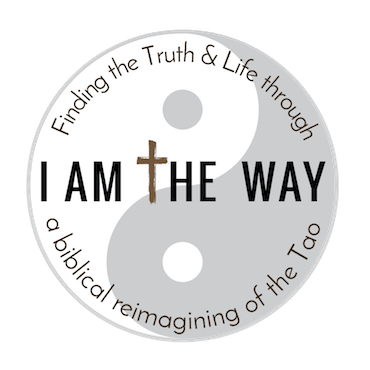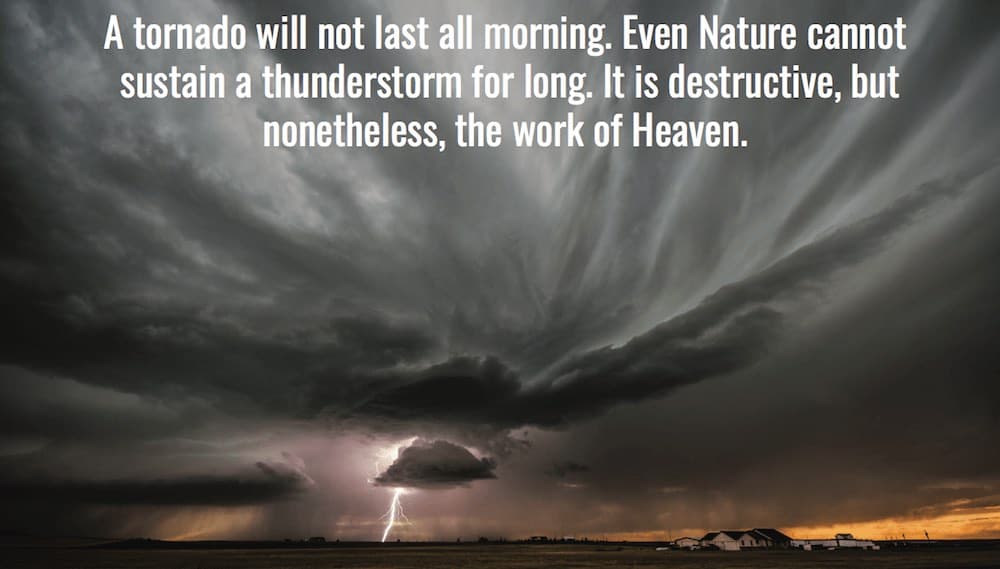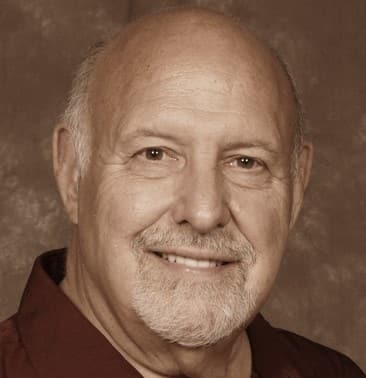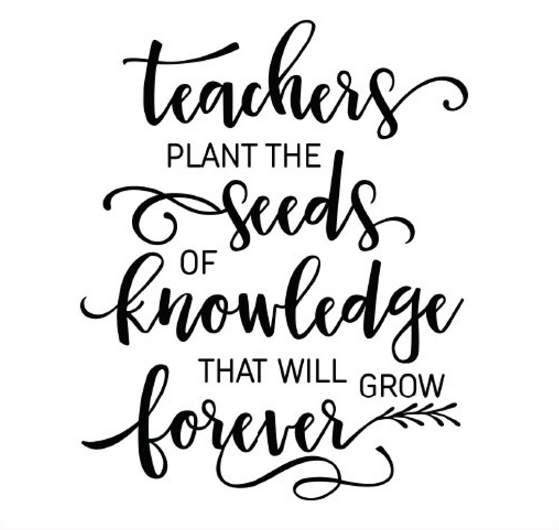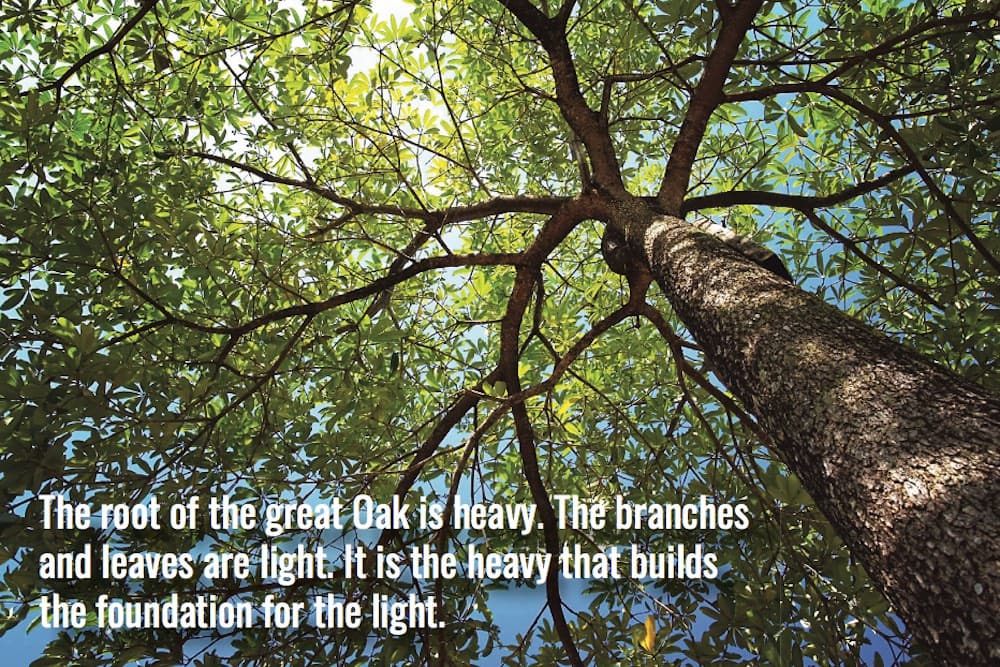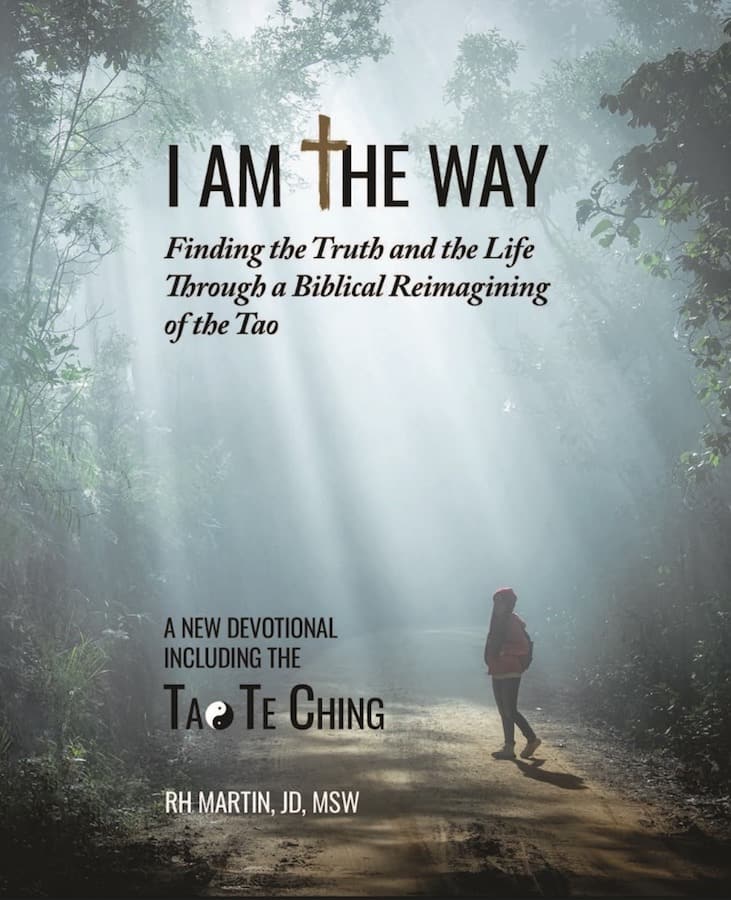PREFACE
I Am The Way: Bridging Wisdom Across Traditions
Welcome, dear reader, to a journey of discovery and transformation. Holding this book in your hands, you embark on a quest that has taken me through the landscapes of faith, philosophy, and personal revelation. 'I Am The Way' is not just a title—it's a promise, an invitation, and a testament to the interconnectedness of the human Spirit and the wisdom that has guided us through the ages.
The genesis of this work stems from a profound realization—a realization that the teachings of ancient Eastern wisdom traditions and the wisdom encapsulated in the Christian faith share more than a few parallels. I was driven by a question that echoed in my heart: What if we could synthesize the boundless love exemplified by Jesus with the profound life-enriching practices taught by Eastern Masters? This question became my compass, pointing me towards the crossroads of faith and philosophy, where 'I Am The Way' took shape.
At its core, Christianity imparts the message of embracing the Love of Jesus as the path to enlightenment and salvation. Eastern Masters have long taught that cultivating Love, Compassion, and Wisdom opens the doors to discovering 'The Way.' It's a harmonious convergence of teachings, separated by time and geography, yet echoing the same resonant truth. 'I Am The Way' seeks to unearth these ancient truths and weave them into a narrative that resonates with modern Christians seeking a deeper connection to their faith.
The Tao Te Ching, attributed to the sage Lao Tzu, is a revered text from ancient China that has illuminated the paths of wisdom seekers for centuries. The designation' Ching" refers to a classic book. Te is often translated as virtue, and Tao points to The Way. So, The Tao Te Ching is the Classic book of The Way of Virtue. Its teachings, centered on harmony, balance, and inner peace, have transcended time and cultural boundaries.
However, as profound as its insights are, its language and concepts will seem foreign to those rooted in Christian traditions. This is where 'I Am The Way' comes into play—a bridge between two worlds, a linguistic and spiritual conduit that translates the Tao's wisdom into the familiar terms of Christianity.
I aim to foster a dialogue between Eastern philosophy and Western Christian thought throughout these pages. I draw parallels between the two, emphasizing the universal themes of love, grace, compassion, and the divine presence. By reinterpreting key concepts of the Tao Te Ching through the lens of Christian theology, I hope to offer readers a fresh perspective—one that encourages them to explore their relationship with God, humanity, and the world around them.
My journey in crafting 'I Am The Way' was not only an academic exercise. I delved into the depths of my spirituality and embarked on a lifelong quest for understanding. From my experiences as a football player, prosecutor, defense attorney, social worker, therapist, mindfulness teacher, and happiness coach, The chapters of my life unfolded in unexpected ways, leading me from atheism to seeking, from Buddhism to Christianity, from the courtroom to the meditation mat, and from scepticism to unwavering faith. Each phase of my life contributed to the tapestry of wisdom woven into this book.
Life's twists and turns led me to delve into the teachings of Eastern masters, immersing myself in the wisdom of Taoism and Buddhism. The Tao Te Ching, a profound text, connected with my evolving spiritual journey during this phase. The Tao's elegant simplicity and insights into harmony, balance, and inner peace captivated me. I embarked on a transformative period of study and contemplation under the guidance of Taoist masters.
Meeting my wife was a turning point that led me to desire to create a "Rosetta Stone" that would enable us to discuss our cosmologies despite our differing backgrounds. My wife, a Southern Baptist Bible literalist, came from a different religious experience. Our union was a fusion of two contrasting cosmologies, each rich with its teachings and interpretations of life's purpose.
Early on, my wife's genuine sadness that I wouldn't be joining her in Heaven and my playful response about her not being reincarnated with me highlighted the intriguing crossroads where our beliefs converged and diverged. Our deep love for each other compelled me to explore how to bridge our spiritual worlds and facilitate meaningful discussions about our differing perspectives.
My wife's role as a sounding board, someone who could validate the effectiveness of my approach even from her conservative Christian perspective, was pivotal. Her positive responses to my interpretations of the Tao Te Ching and Christian teachings reaffirmed the book's potential to speak to a broad audience. As we discussed each chapter, I could see that bridging these two profound spiritual philosophies touched her deeply, demonstrating the universality of the book's message.
Throughout this journey, divine love guided me—the same love Jesus exemplified that permeates the teachings of the Eastern masters. This love, I believe, is the common thread that unites all seekers, regardless of their spiritual paths. It underlies our existence, inspiring us to fathom, empathize, and relate.
As you delve into these pages, you'll accompany me through my experiences of doubt and discovery, trauma and healing, love and loss. I hope you see echoes of your journey within these narratives, connecting with the universal threads of human experience that bind us all.
"I Am The Way: Finding the Truth and the Life Through a Biblical Interpretation of the Tao" is an endeavour to address the spiritual hunger that many feel in today's ever-changing world. It responds to the desire to connect with the Divine beyond strict doctrines, embracing the vastness of the human heart.
This book is not a manifesto but an exploration, an offering, and an opportunity.
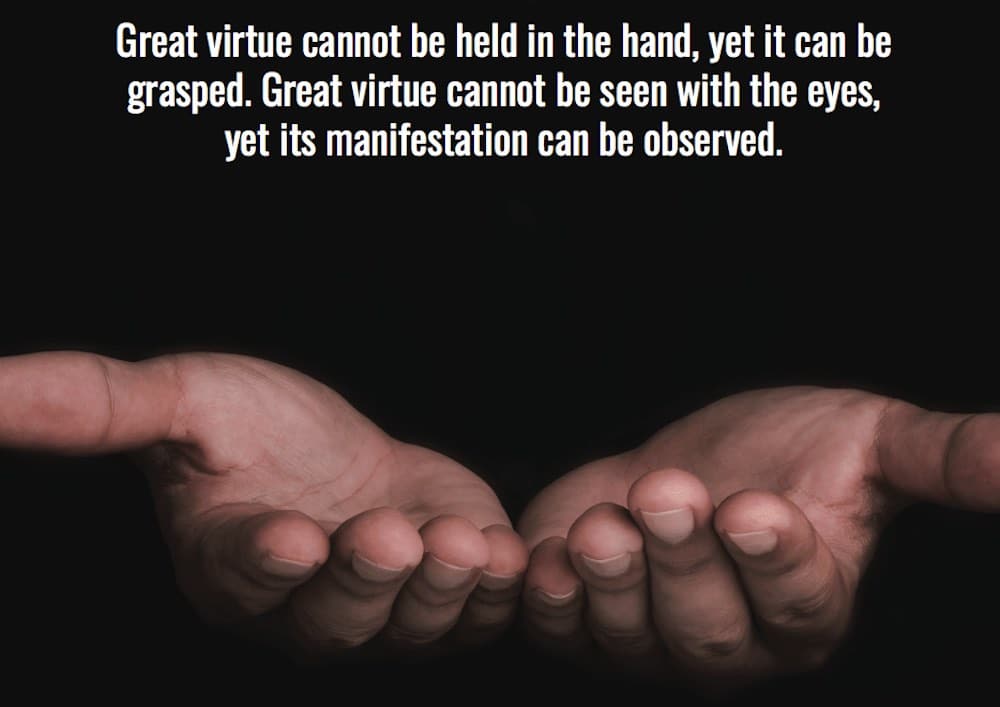
You may wonder, why now? As the tides of change usher in a new era of interconnectedness through globalization, the internet, and interfaith dialogue, people seek novel ways to nourish their spiritual hunger. This book responds to that call, presenting a perspective that resonates with the openness of heart and mind that characterizes this evolving landscape.
Throughout this journey, I've encountered personal transformations and witnessed the impact of these teachings on others. Stories of connection, understanding, and healing emerged, confirming that the hunger for spiritual nourishment remains unabated. 'I Am The Way' intends to strike a chord with those who seek, question, or explore spirituality, guiding them towards a more satisfying, meaningful, and serene existence.
So, I invite you to immerse yourself in these pages, explore the passages that resonate with your Spirit, and engage in the dialogue this book inspires. Together, let us walk the bridge that spans the wisdom of ancient traditions and the realities of our modern lives. Let us discover a new way, a harmonious convergence of East and West, of timeless wisdom and contemporary understanding. Welcome to 'I Am The Way.' The journey begins here.
In Unity and Love,
Bob Martin
